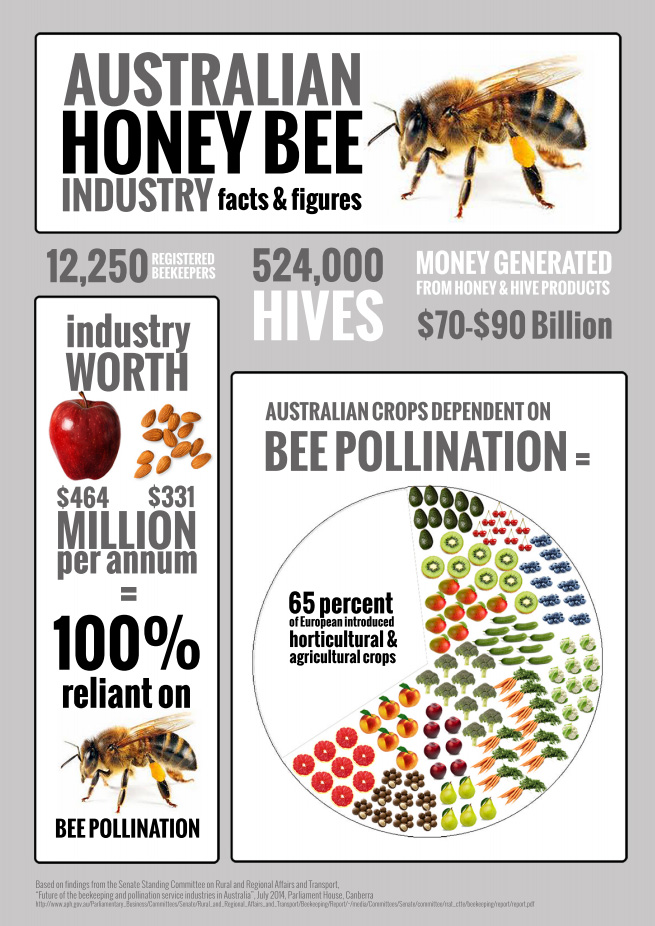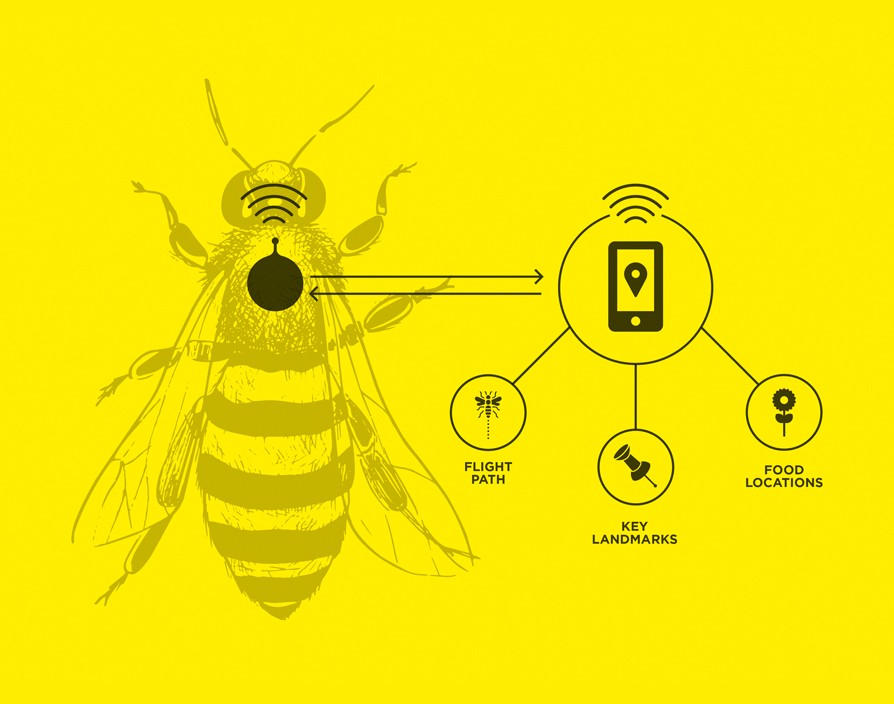by Dolline Mukui
UK bees are at risk of going extinct revealed in a survey. Data from the Bumblebee Conservation Trust suggests that the Beast from the East and last year’s heat wave, has had a detrimental affect on bees.
The storm delayed bee season and the heat destroyed food supply, wilting flowers limiting their nutrition.
This has left us with a question as to how many queen bees went into hibernation last winter.

The bee’s pollinating services are worth £690m a year to the UK economy.
Last winter was recorded as the worst winter decline in the 13-year history of nationwide survey which is aimed at monitoring bee fortunes.
Gill Perkins, chief executive of the Bumblebee Conservation Trust, said “We all need to make sure our gardens, parks and green spaces are bumblebee-friendly to stop today’s common species becoming tomorrow’s rarities.”
In the UK there are 35 bee species that are under threat. Conservationists and experts are concerned that this could have a knock-on effect.
Friends Of The Earth said “The decline in bees’ diversity and abundance would have a serious impact on how our natural world functions. This includes our food crops. Bees pollinate much of the food that makes our diets healthy and tasty – from the apple in our lunchbox, to the tomatoes on our pizza.”
“Scientists are starting to detect that changes in climate may be disrupting bee nesting behaviour and their emergence after winter. Climate change may also be as affecting the timing of the flowering of plants that bees rely on for food.
A new software from a tech firm has been created to help track and improve the bee population.
Rock Level have created a small backpack to sit on a bee’s back to track it.

Neil Swindlehurst, chief creative officer says “I don’t think people actually realise the scale of the problem when it comes to rapidly declining numbers,”.
The system takes a lightweight radio frequency tag that’s put on the back of the bees, which then sends a GPS location data to a computer. Rock Level hope that it will provide some key insights into what can be done to prevent the number of pollinators to dwindle even further.
Not only is the extreme weather putting bees into but the loss of habitat and neonicotinoids
Pesticides have caused the decline in our wildlife
Last year the EU decided to ban neonicotinoids which is one of the most used insecticides from all fields because they were killing bees,
Tanya Steele, chief executive at WWF, said: “The UK is one of the most nature-depleted countries in the world, and the fact that our precious pollinators are in peril is a sad illustration of the dramatic decline in wildlife we’re seeing all around us.
We desperately need targeted action if we’re going to bring under-pressure wildlife back from the brink.”
Many Britons have been encouraged to plant flowers and avoid cutting their grass as often for the sake of the of pollenating wildlife going extinct.
Dolline is a traveller, journalist and blogger who has palate to try new things. She is a very spontaneous person; you might find her skydiving over the Kenyan coast to kayaking in the Lake District. She can be an over thinker who thinks of every outcome but if she doesn’t she welcomes the change that wasn’t planned. However, she is a very simple person who is up for a good laugh or a book and enjoys living the moment. Dolline also writes for her small personal blog called ‘Swatches of Beauty’ and is currently a production journalist trainee at ITV Border.


